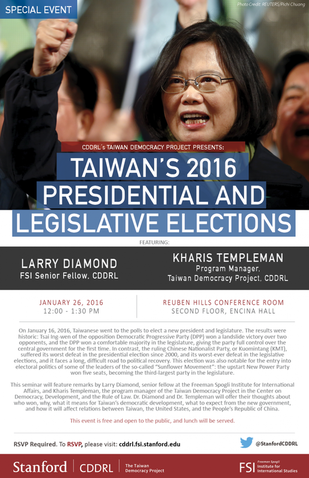
In the interim, here are a couple links. I had the opportunity to give some initial thoughts at an event in Taipei the day after the elections; here is the video from that roundtable, sponsored by Ketagalan Media.
We also held an event at Stanford last Tuesday at which Larry Diamond and I had a bit more time to reflect on the elections, the health of Taiwan's democracy, and what's likely to come next; slides and video from that seminar can be found at the CDDRL event page.
I'll repeat my main take-away from both those events: this was a (mostly) encouraging demonstration of Taiwan's democratic process, whatever your ideological or partisan predilections might be.
President-elect Tsai Ing-wen will have a large DPP majority in the legislature, and the prospects for reform of aspects of the legislative process are that much better for it. The impressive victories of the New Power Party in its district races are also an encouraging sign: the NPP grew out of the student-led protests of 2014, and their success indicates that much of that opposition to the Ma administration has been channeled into the electoral and now the legislative process rather than remaining in the streets. And, this bears repeating, Taiwan's elections management remains a model of efficiency, accuracy, and probity--I never fail to be impressed at how smoothly the voting, counting, and reporting of the results takes place. I wish elections in the United States were even half as well run.
On the less positive side, turnout was way down--66.2%, below even the 2014 local elections. And there's that pesky matter of a nearly four-month gap between the seating of the new legislature on February 1 and the inauguration of the new president on May 20, which is creating a real constitutional challenge. That badly needs to be fixed in this next term, perhaps by Tsai offering to shorten her own term as a one-off concession in a larger package of reforms.
Finally, now that the new Legislative Yuan has been formally sworn in, it's important to note that Tsai has just secured the election of a new DPP speaker, Su Jia-chyuan (蘇嘉全), who's a close personal ally--an outcome that required the incumbent DPP caucus leader, Ker Chien-ming (柯建銘), to relinquish his claim on the position. In that vote, no DPP members defected from the party, and the NPP caucus also voted in Su's favor. That's an auspicious start to what is going to be a fascinating period in legislative politics in Taiwan.
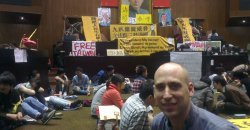

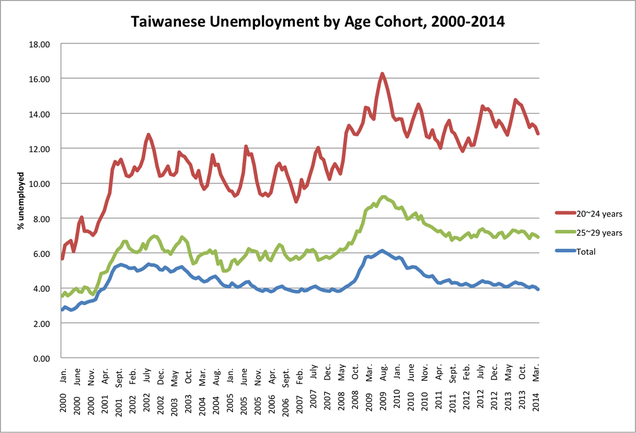
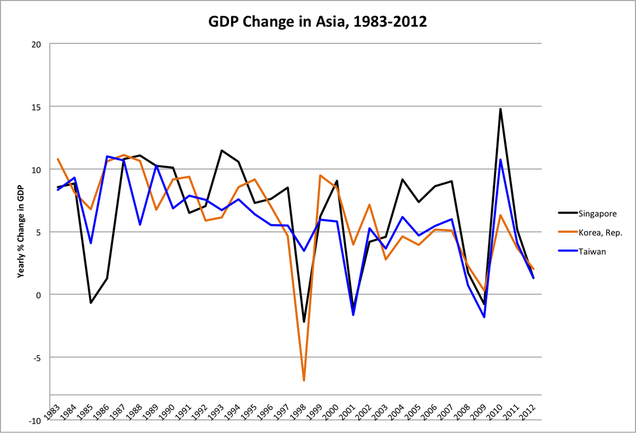
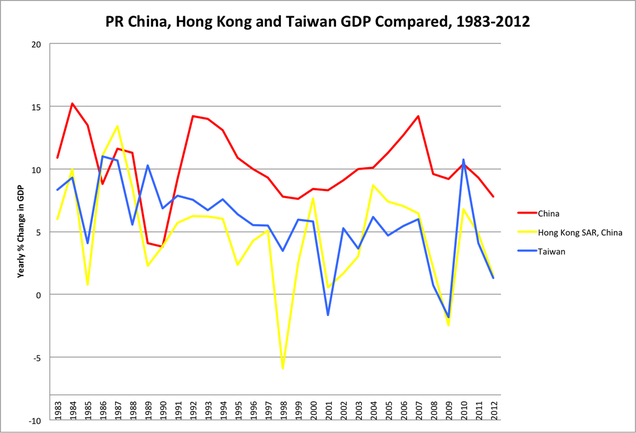
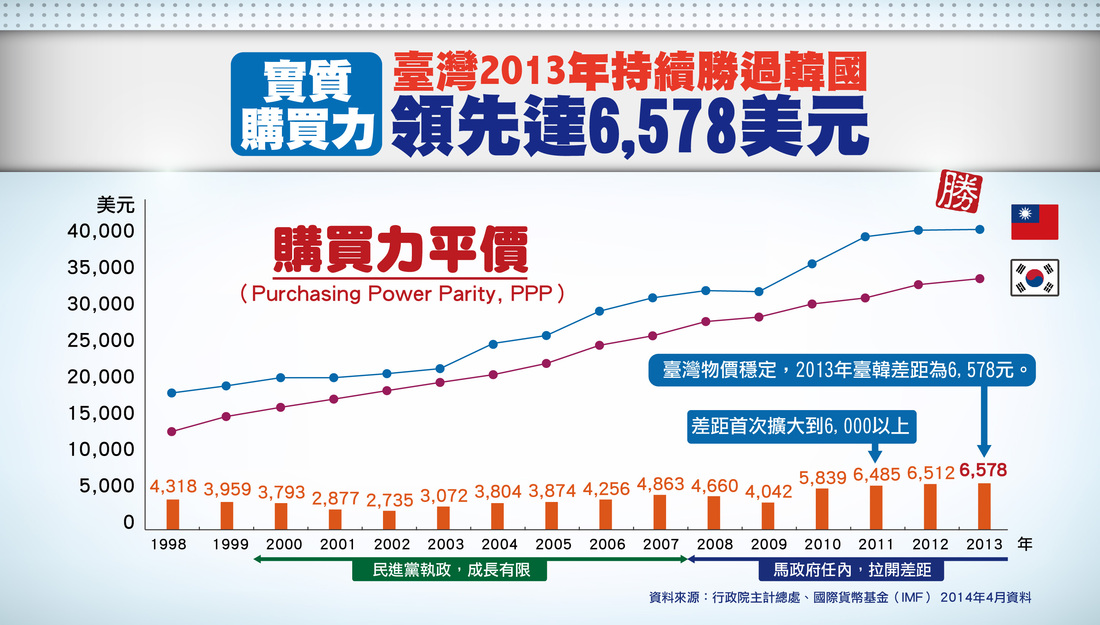
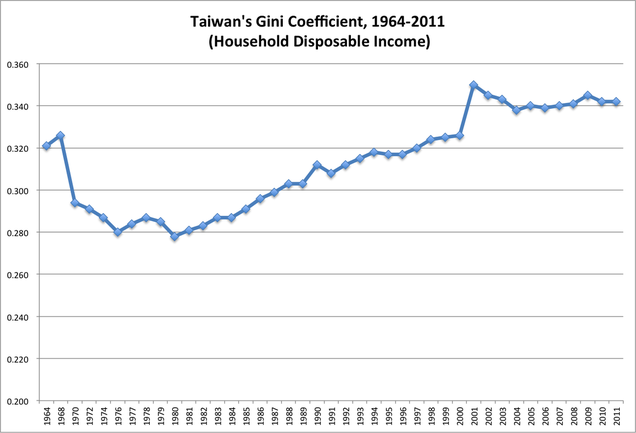
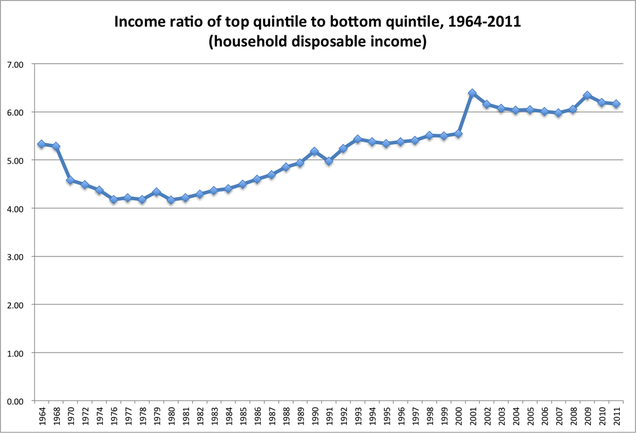
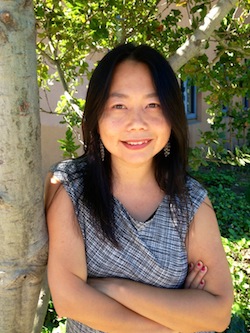
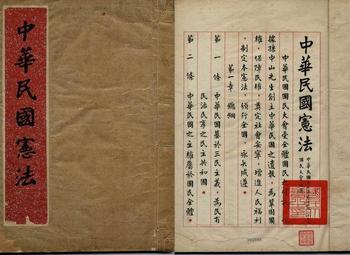
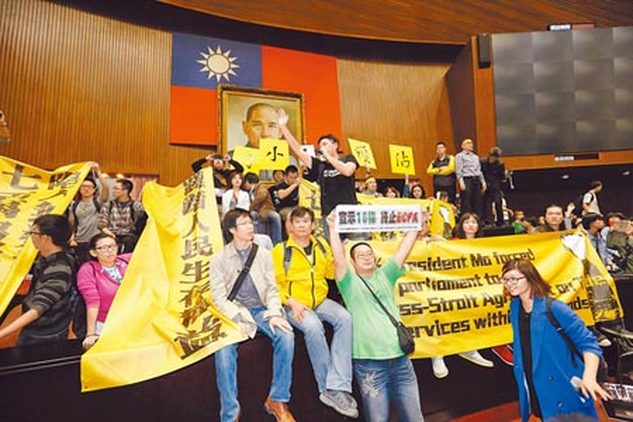
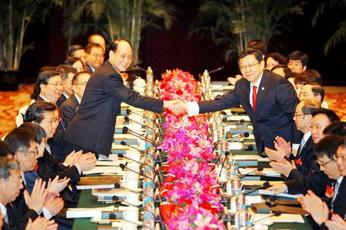

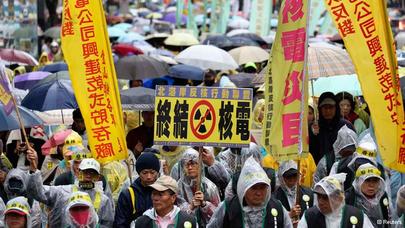
 RSS Feed
RSS Feed
